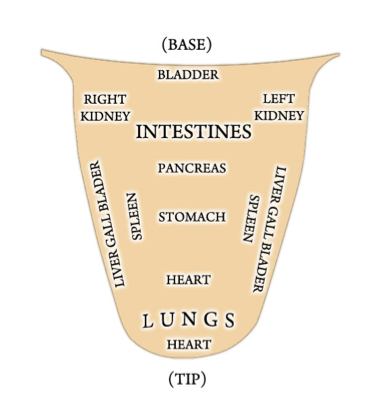I read this insight from a dental hygienist when I was doing some research, so I thought I would share this as my blog. A very good article and some things you probably didn't know.
1. We are highly educated. Dental hygienists have varying degrees of higher education, ranging from an associates degree to a masters degree. Associates degrees often take 3 to 4 years to obtain while schooling through summer breaks! No matter our degree level, we all must pass the same board exams to prove our competency level and gain our license to practice. Also, we are not done learning once licensed; we are required to receive a set amount of continuing education hours to renew our license every two years. We LOVE learning!
2. We take MANY licensing exams. Unlike other medical fields who take one exam, dental hygienists often take 3 to 5 different board exams to get their license. These exams are both written and practical AND are specific to geographical location, meaning that if we wanted to live in another state we would likely have to take (and pay for) more exams!
3. Our career is VERY tough on our body. We are constantly having to strain our backs, necks and shoulders throughout the day.
While we strive to achieve proper ergonomics and equipment meant to reduce fatigue, the stress on our bodies still occurs over time. You can help us by allowing us to lay you all the way back in the dental chair, and move your head to the positions that we ask of you unless you have a medical reason preventing you from doing so. Eight hours of muscle strain for us is a huge toll compared to the 60 minute patient appointment every 3, 4 or 6 months.
4. We are part of the healthcare team. Dental hygienists are required to know the same science of other medical professionals so that we can properly help manage all health needs, not just oral health needs, as the mouth is connected to the body as a whole. We don’t JUST put a shine in your smile; we treat, prevent AND screen for disease whether it is systemic or oral health related. This includes blood pressure check, cancer screenings, medication reviews, and much more.
5. We are not immune from dental complications. We all still need regular dental cleanings and sometimes we get cavities, too! While we are highly educated in prevention and maintenance of our oral health, sometimes we experience dental needs also. It just goes to show that we are all still human.
6. We are constantly in a battle with the clock. Our schedules are very tight and we have A LOT to do in the time we are given. Sometimes we may run behind due to factors beyond our control such as a late patient, a patient with many questions, or a patient who needed some very complex care. We try as hard as we can to stay on schedule, but sometimes it just is not possible.
By the time we are finishing up your appointment, it is likely that our next patient has arrived and is already waiting to be seen. Often, we work into our lunch break, come in early and leave late as we work hard to be 110 percent prepared for our day.
7. We make recommendations based on YOUR needs. We want what is best for you, and dentistry is NOT one size fits all. If we are recommending it during your appointment, it truly means that we feel it is in your best interest, based upon our in-depth knowledge, to utilize to achieve optimal health results. This includes x-rays, fluoride treatments, toothbrush recommendations and much more.
8. We do it to make a difference. No one would sign up for this career, go through the rigorous curriculum or many expensive board exams and tolerate the daily wear and tear on their bodies if they truly did not love this field. We are real people with strong emotions who often think about the wellbeing of our patients long after we’ve left the office for the day.
9. We WANT your experience to be comfortable and stress free. We will do everything we can to achieve this. If there is something that you know will make you more comfortable, just ask. We can provide numbing relief, pillows, and other comfort commodities to help you through your visit. If you’re comfortable, we’re comfortable (as long as we can position
you correctly as we discussed in No. 3).
10. You are MORE than just our patient! You become our friend. We laugh with you, cry with you, celebrate with you, and mourn with you. Our bond will grow powerful over time, and we are more than just your dental hygienist, we are your friend, confidant, and sometimes your therapist.
As tough as our day may be, this is what makes everything worth it.
Sarah Clark, RDH, IPDH, is a 2014 dental hygiene graduate of New Hampshire Technical Institute. She is currently practicing at Topsham Dental Arts and loves being part of a progressive, caring team.

